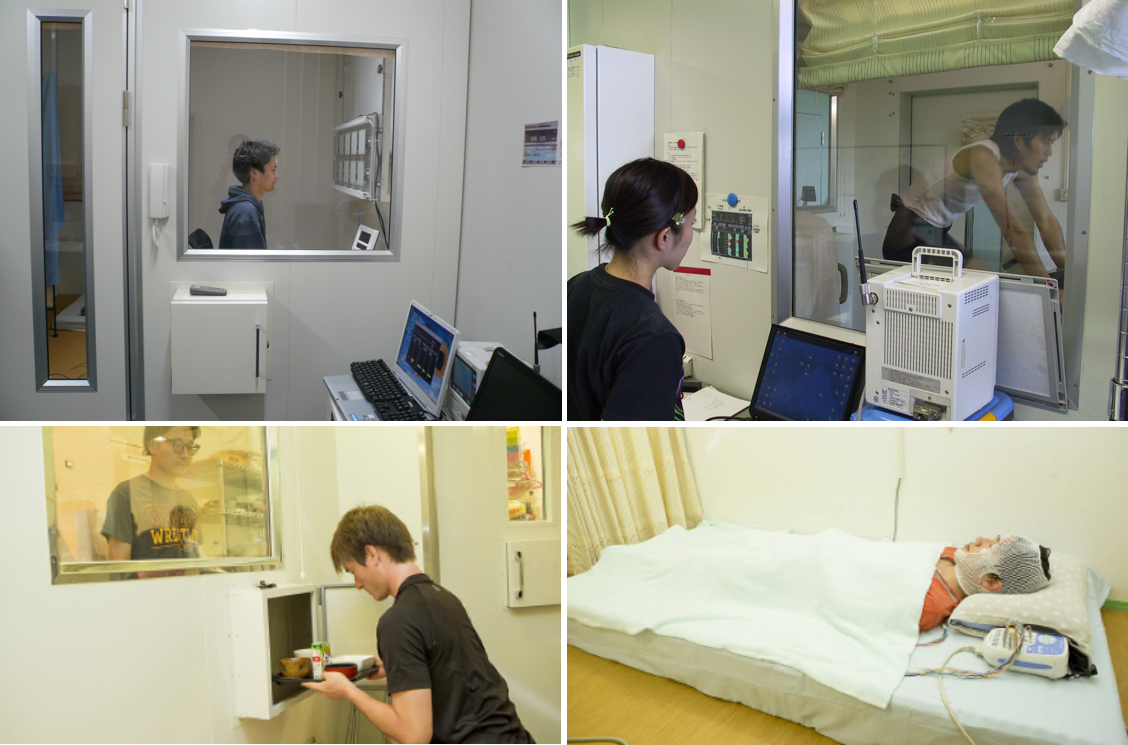
2021.10.04
Potential Indicator for Obesity Risk Detected during Sleep
Researchers at the University of Tsukuba in Japan show that low metabolic flexibility is associated with reduced fat metabolism during sleep. Tsukuba, Japan—Throughout the day, we gain energy by breaking down carbohydrates, fats, and proteins in our bodies through the process of metabolism. For example, immediately after eating, most of our energy comes from carbohydrates, while after fasting, most comes from fats. The body’s ability to switch metabolic energy sources in response to changes in nutritional state, such as after meals and during sleep, is called metabolic flexibility. Research has shown that disrupted flexibility is associated with diseases such as obesity and diabetes. This study received financial support from the Japan Society for the Promotion of Science (Grant-in-Aid for Scientific Research B 20H04120 and technical support from Fuji Medical Science Co. (Chiba, Japan).
| Press Release | |
|---|---|
| Article |
